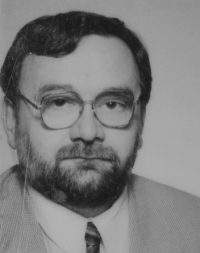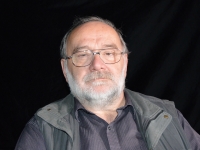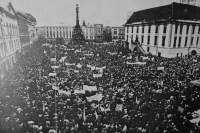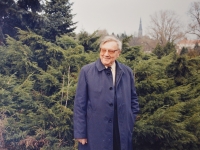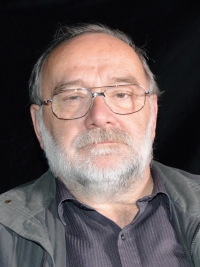The times when the stupid ruled over the intelligentsia

Download image
Jindřich Suchánek was born April 1, 1954 in Brno. His father, a professional soldier, moved to Olomouc with his family but was then dismissed from the army during a purge. Jindřich became interested in politics after the Warsaw Pact Invasion of Czechoslovakia. The nonsensical Normalization restrictions were hard on him during his studies at the gymnasium in Šternberk and he was repeatedly not accepted to university after graduation. He experienced cruel hazing during his obligatory military service. He got married in Olomouc, converted to Christianity and joined the faithful community. He attended the secret theology seminars with Josef Zvěřina. He also coordinated the publishing and distribution of religious samizdat literature and took part in activities supporting the unjustly prosecuted people. After the 1985 National Pilgrimage to Velehrad, Jindřich and his brother Vladimír founded a samizdat film studio Velehrad. They secretly made and distributed religious movies and even went to Rome to shoot the canonization of Agnes of Bohemia. In the late 1980s he used to go to Prague for the demonstrations that were often violently suppressed. He organized demonstrations in Olomouc following November 17, 1989 and actively participated in the Civic Forum. In the 1990s he restored and led the Archdiocesan Caritas Olomouc, founded regional charities, organized many projects and first aid during humanitarian crises. He has been an editor in the TV Noe since 2006, preparing a program about nature and the space.
